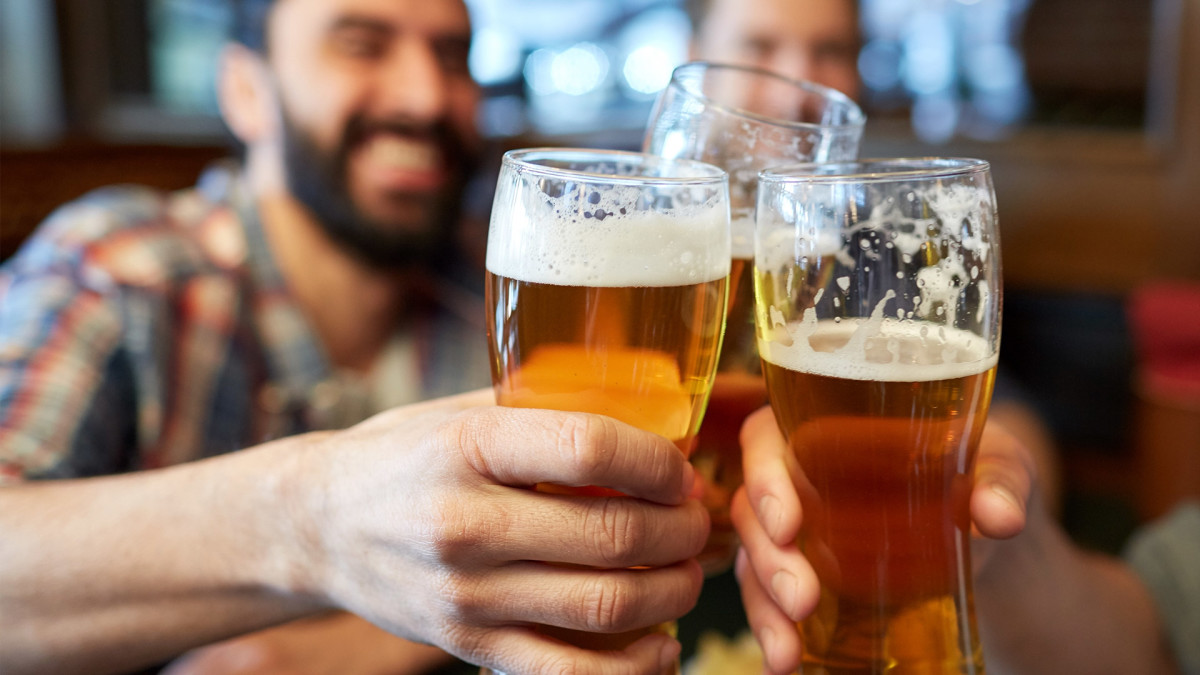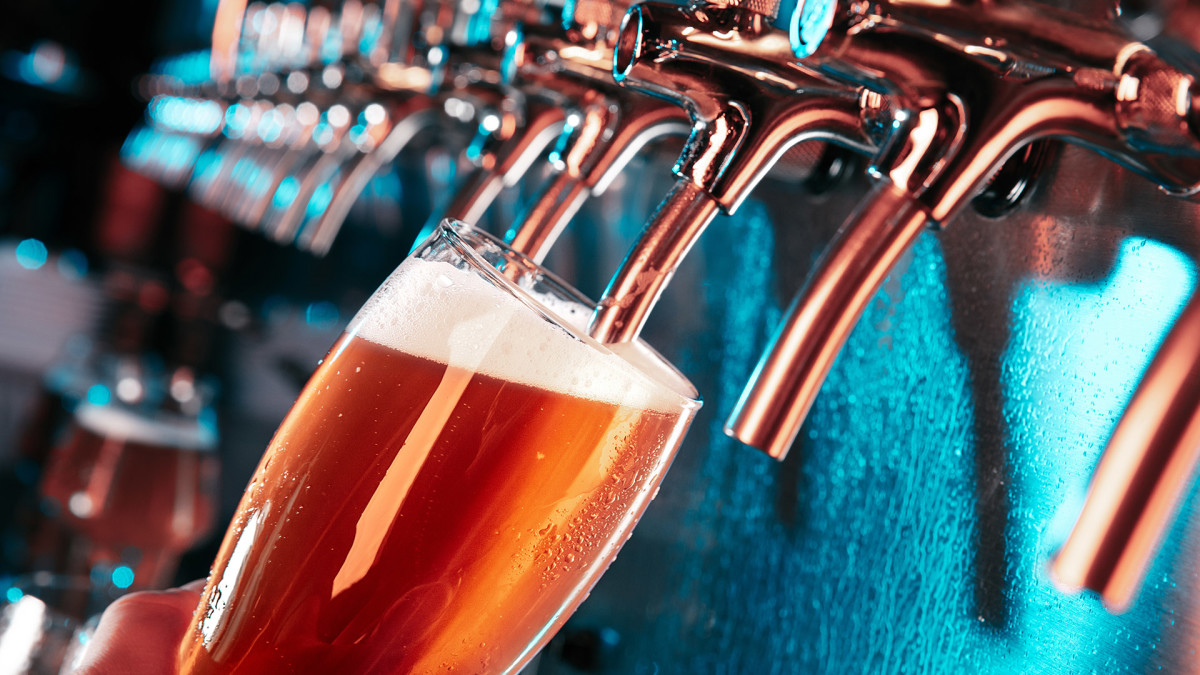
The beer industry has faced a battle for survival on multiple fronts.
First, the covid pandemic left many breweries struggling with debt as they had to borrow money during the period when their bars, restaurants and taprooms were closed.
Many regional brewers make the majority of their money by selling beer at their breweries, Even though many of them distribute their production regionally, wholesale margins are much thinner than those from selling directly to consumers.
Related: Iconic '90s retail brand faces Chapter 11 or 7 bankruptcy, liquidation
That made the pandemic-era closures and lockdowns a death blow for many breweries even if they didn't know that was happening at the time. These companies had to close their breweries to the public, which took away their most-profitable revenue streams while they also took on new debt.
After things returned to more or less normal, these brewers are also facing a war on another front. Beer, and drinking in general, has become less popular with younger generations.
Visiting breweries and loving craft beer used to be trendy. That led to an explosion in local and regional breweries, but that trend has largely changed with an "alcohol-free, sober curious crowd" growing, according to Get Back Bar.
"This trend is especially popular with Millennials (currently ages 27-42) and drinking age Gen Zers (currently ages 11 to 26)," the website reported. "Gen Z in particular has started a 'sober curious' movement, which simply can be described as a desire to live without excess social or private drinking habits. They're drinking 20% less than other generations did at their age."
The combination of factors has created a grim situation for a number of breweries.

Image source: Shutterstock
Historic brewery sees its final days (for now)
Many local breweries get started by hobbyists and enthusiasts who don't understand the business side. In many cases, that works like when someone opens a restaurant because their friends like their barbecue.
Usually, breweries that open without a solid business plan crash and burn quickly. A wave of them closed early in the pandemic when the craft-brew craze was at its height.
Flying Fish Brewery, however, followed an entirely different story. Founder Gene Muller opened the brewery as a virtual brand in 1996. That was a novel concept at the time, and Muller created fans for his brand before opening a brick-and-mortar location by making them part of the process.
"He also wanted to give beer lovers a chance, via their computers, to roll up their cyber-sleeves and help build the brewery. The site let beer lovers help select and name beers, design t-shirts and labels, volunteer to be a taste-tester, and even apply for a job as a brewer," the company shared on its website.
After moving to an actual brewery in the early 2000s, Muller's company moved to its current location in 2012. At that time, the company was a big success brewing over 30 beers that were sold regionally.
Muller eventually sold the brand to Elk Lake Capital and no longer has any financial interest in the company.
Flying Fish Brewing, a Pennsylvania brewery that operates in southern New Jersey, filed for Chapter 11 bankruptcy protection in late January in U.S. Bankruptcy Court for the District of New Jersey after a sale to Cape May Brewing Co. collapsed. At the time creditors called for the brand to be liquidated, and now they have gotten their wish.
Flying Fish Brewery liquidated via auction
Flying Fish's tasting room has closed after its assets were sold in a mid-February auction.
"But the Flying Fish name is likely to live on as Guildford Hall Brewery out of Baltimore MD bought the intellectual property of the brewery, which includes the name brands of the beers, trademarks, packaging, websites, and some contracts. Their purchase price at $152,500 was the largest of the items sold," 42Freeway.com reported.
The previous owners posted a farewell message on its Facebook page.
"Well, at least we went out with a bang last weekend. Thank you to everyone that came out. We appreciate all of our customers over the years. We’re sad that we cannot continue operations as they were in our Somerdale location, but it’s nice to know the brand itself will live on," the former Flying Fish owners said.
The new owner has not disclosed its plans, but perhaps offering some hope to Flying Fish fans, it does expect to keep making some of the brewer's beer brands.
The taproom, however, apparently will not reopen. In a final Facebook post the previous owners joked about what might happen, saying the brewery building might become a Spirit Halloween store.
"Who knows what will come of the building once its contents have been moved to their new homes? Signing off of this account now as it’s probably part of the IP that now belongs to the new owners," the former owners added.
Related: Veteran fund manager picks favorite stocks for 2024







